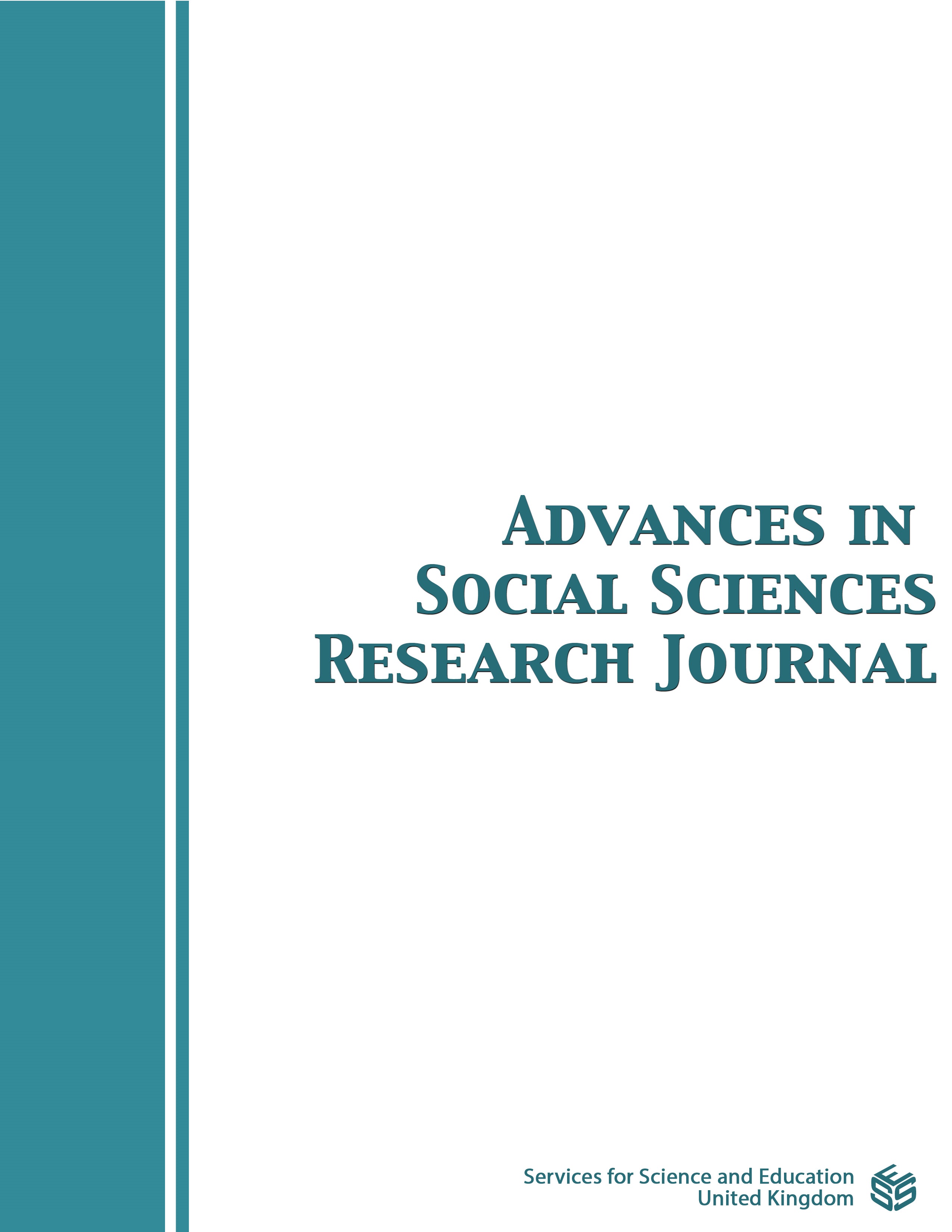Cognitive Appraisals of Organizational Stressors and Coping Styles of Football Coaches and Players in Ghana
DOI:
https://doi.org/10.14738/assrj.113.16632Keywords:
Coaches, cognitive appraisal, coping styles, players, stressAbstract
The study assessed how football coaches and players appraised and coped with stressors they experienced or encountered. Specifically, the study assessed the following: (1) stress appraisal mechanisms employed by coaches and players, (2) coping mechanisms adopted by coaches and players, and (3) association between stress appraisals and coping styles among coaches and players in the Ghana national football league. Employing the descriptive survey design, census sampling was used to select 424 footballers and 44 coaches who answered the Stress Appraisal Measure (SAM) and the Modified Coping Orientation to Problems Experienced (MCOPE) inventories. Descriptive statistics (means and standard deviation) and multivariate multiple regression were used to analyze the data. The findings showed that football coaches and players reportedly used more controllable-by-self and challenge appraisals and employed more problem-focused coping styles (increasing effort, active coping, and planning) than emotion-focused coping styles (seeking social support for emotional reasons, venting of emotions, and self-blame) during stressful situations. Further, those who used facilitative appraisal mechanisms adopted functional coping mechanisms and vice versa. Sport psychologists are encouraged to organize regular psychological training workshops on a variety of functional coping styles (e.g., cognitive restructuring, planning, increasing effort and active coping) to help football coaches and players deal with the demands associated with competitions to enhance their psychological well-being.
Downloads
Published
How to Cite
Issue
Section
License
Copyright (c) 2024 Medina Srem-Sai

This work is licensed under a Creative Commons Attribution 4.0 International License.
Authors wishing to include figures, tables, or text passages that have already been published elsewhere are required to obtain permission from the copyright owner(s) for both the print and online format and to include evidence that such permission has been granted when submitting their papers. Any material received without such evidence will be assumed to originate from the authors.






